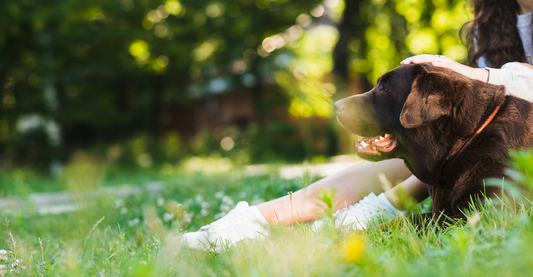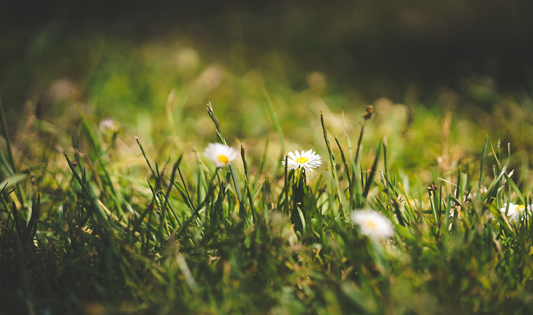
Surprising Uses for Weeds

Weeds - they're a common problem but did you know there are some surprising ways to use them? Let's dive in!
Nutrient-Rich Compost
Believe it or not, many common weeds can become nutrient compost for your garden. Just collect them (avoid the ones with seeds), and add them to your compost. As they break down, they add important organic matter and minerals, making your compost extra rich. Remember to keep a good mix of dry (brown) and fresh (green) materials for the best compost. If your weeds have been treated with chemicals, it's best to avoid them.
Nutritious Salad Greens
If you have animals like chickens or rabbits, some weeds are tasty treats for them. Chickweed, dandelion, nasturtiums, and clover are examples that many animals love. Just make sure the weeds are safe to eat and haven't been treated with any chemicals.
Herbal Infusions and Remedies
Particular weeds have medicinal powers and can make herbal teas and remedies. Take Dandelion leaves for instance - they're full of vitamins and make a healthy tea. Look into edible and medicinal weeds in your garden, get an expert to identify them, and discover their potential benefits.
Habitat for Beneficial Insects
Weeds can be homes and food for good bugs that help with pollination and pest control. Native bees, butterflies, and ladybugs rely on certain weeds for their lifecycle. By letting some weeds grow a little in your garden, you're inviting these helpful insects, creating a balanced environment.
From making great compost and animal snacks, to herbal teas and helping beneficial insects, weeds can be useful. Keep these usage ideas in mind for your own home garden.

